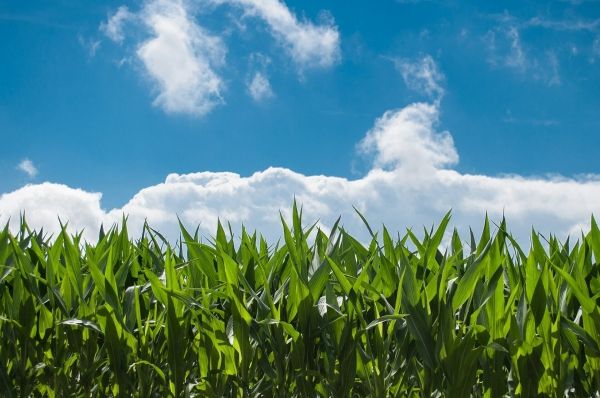Regenerative ranching, a holistic approach to managing grazing lands, enhances ranchers’ adaptive capacity and socioeconomic well-being while also providing an opportunity to mitigate climate change, a new study from Oregon State University has found.
Regenerative ranching practices rebuild ecological processes, allowing ranchers to reduce reliance on products such as chemical herbicides, pesticides and fertilizers, which are significant sources of greenhouse gas emissions.
While some science suggests that regenerative ranching can result in climate change mitigation through carbon drawdown into soils, that is not usually the driving factor behind ranchers’ decision to adopt the practice, said the study’s lead author, Hannah Gosnell, an OSU geographer who studies the human dimensions of climate change.
Continue reading at Oregon State University
Image via Oregon State University


